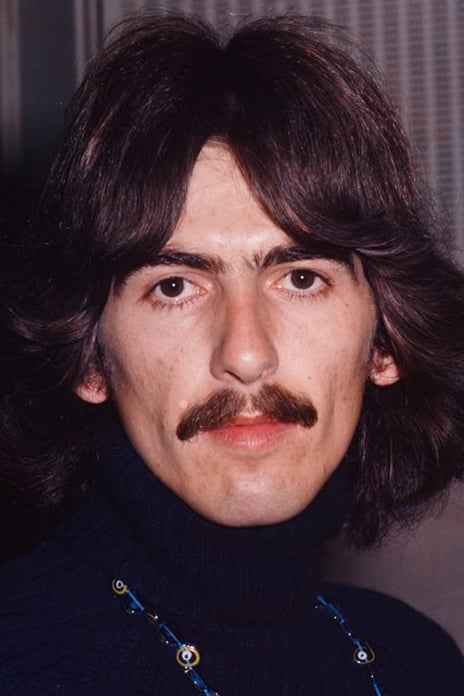
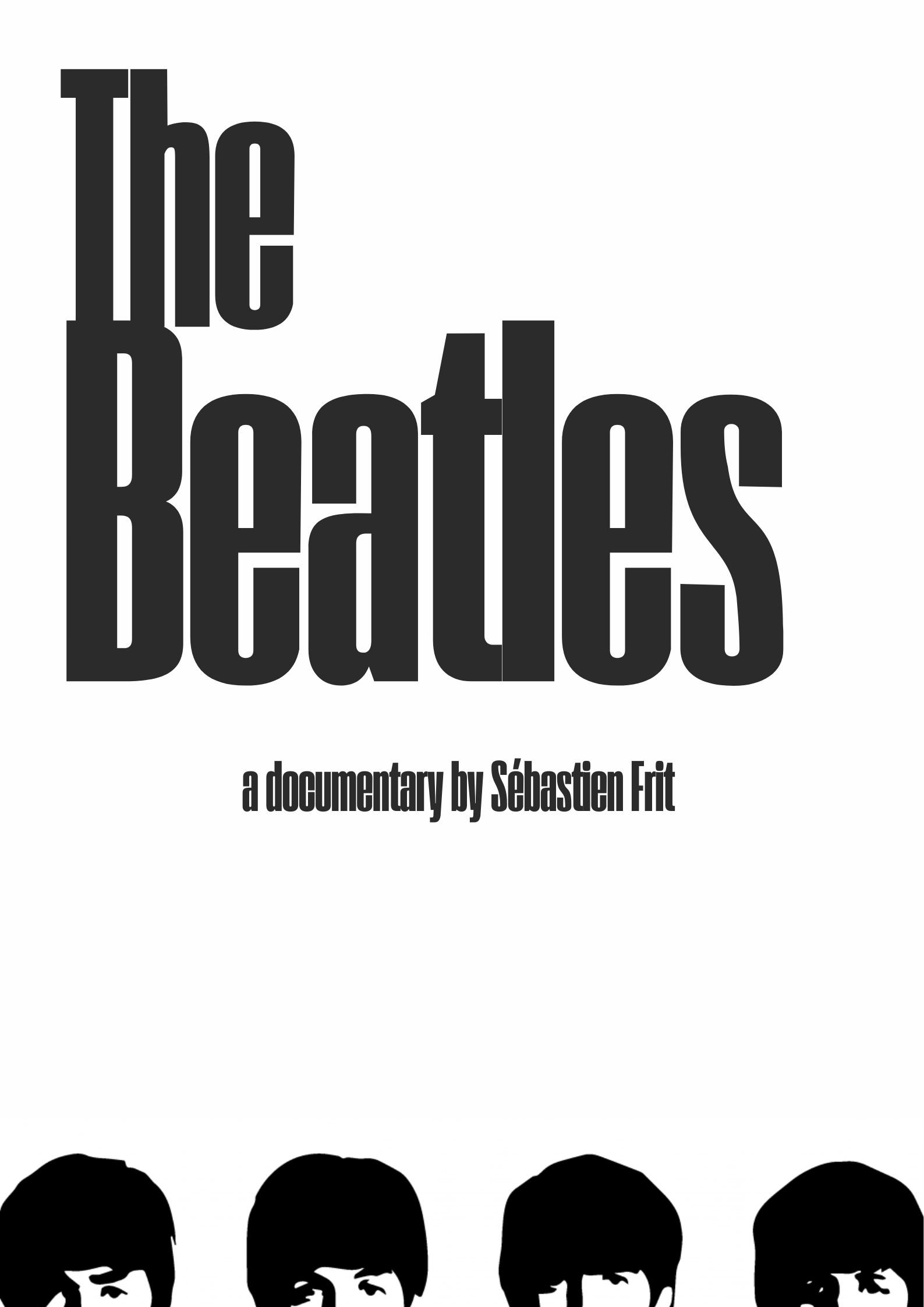
Liverpool, a sleeping city, awakens under the glow of a musical revolution. Four boys, known as the Beatles, turn their dream into an odyssey. This documentary is a visual symphony that traces their meteoric rise, the challenges that darken their path, and the eternal mark they leave on the history of music. A moving poem.
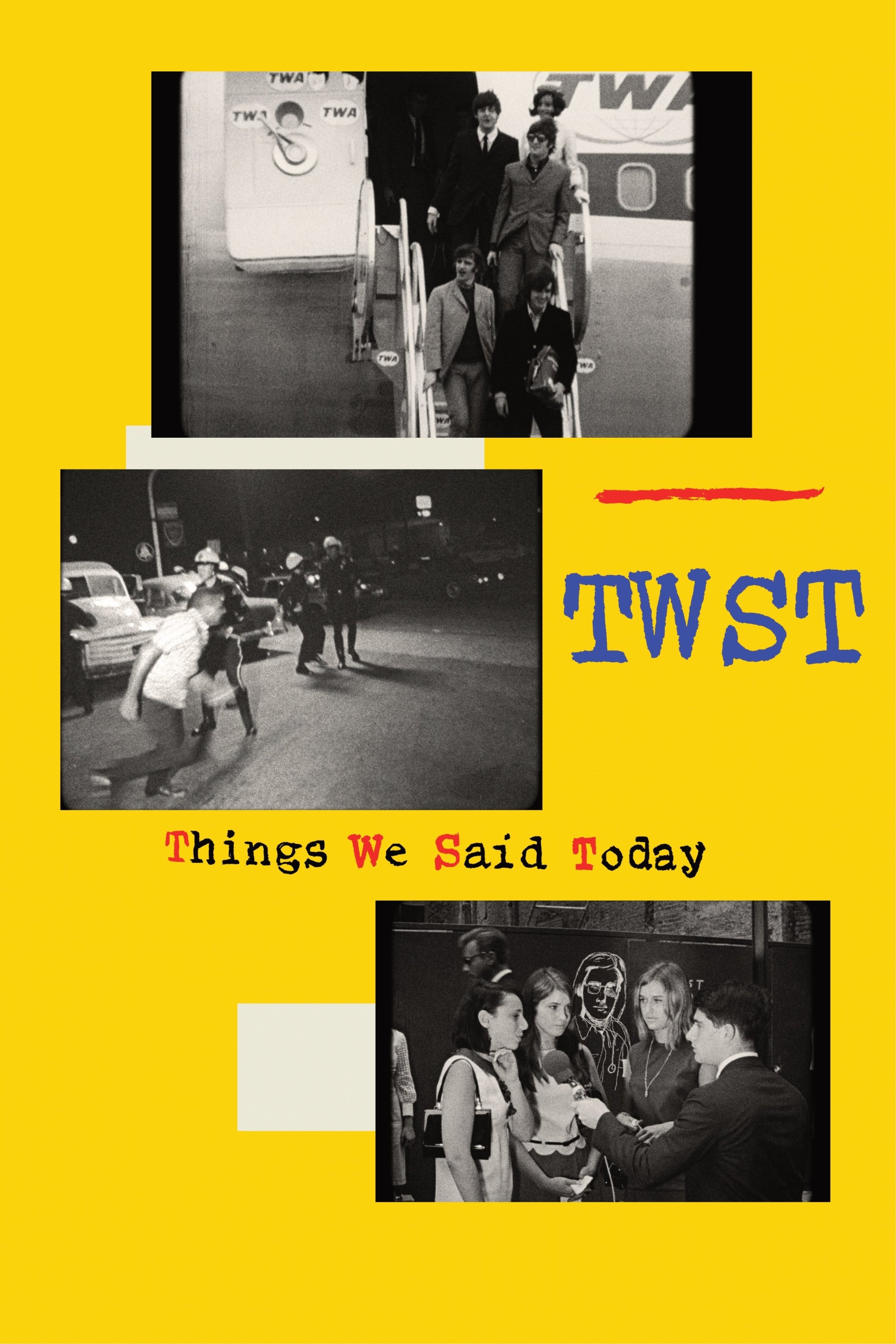
A time capsule of New York City between August 13-15, 1965, framed by the Beatles’ arrival in the city and their first concert at Shea Stadium. The film consists exclusively of archive material from the period (ABC, CBS, NBC), 8mm home movies and images of the concert, which was recorded with fourteen 35mm cameras. Four teenagers are sent on a trip through time and inserted in the archive material by means of animation.
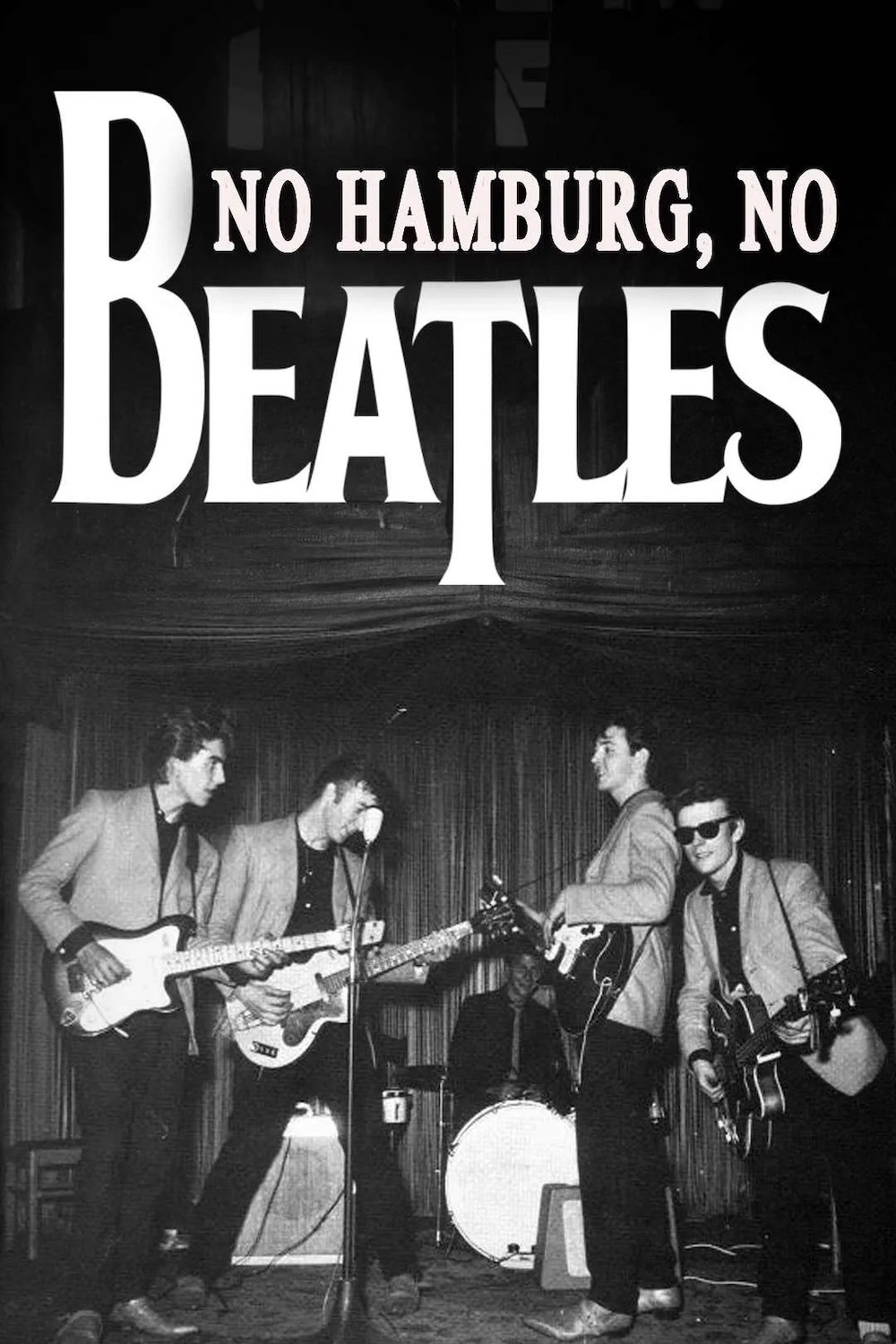
“We were born in Liverpool but grew up in Hamburg” John Lennon. This feature documentary seeks to find the truth in those words. The long and winding road that the Beatles took to worldwide fame passed through Hamburg, Germany in the early 1960s. Only a couple of years before they became household names, the former “Quarrymen” were cutting their musical teeth on nightclub stages in Hamburg. In the 15 years after the end of WW2 Hamburg had become the vice capital of Europe. Its neon lit streets were home to sailors, prostitutes, drug dealers, gangs and low life. The group was still developing. At the time of their first Hamburg adventure, George Harrison, was only 17 years old. They were all still very young men, and their group was virtually unknown. By the time of their last German visit in 1966, the Beatles were a worldwide phenomenon.
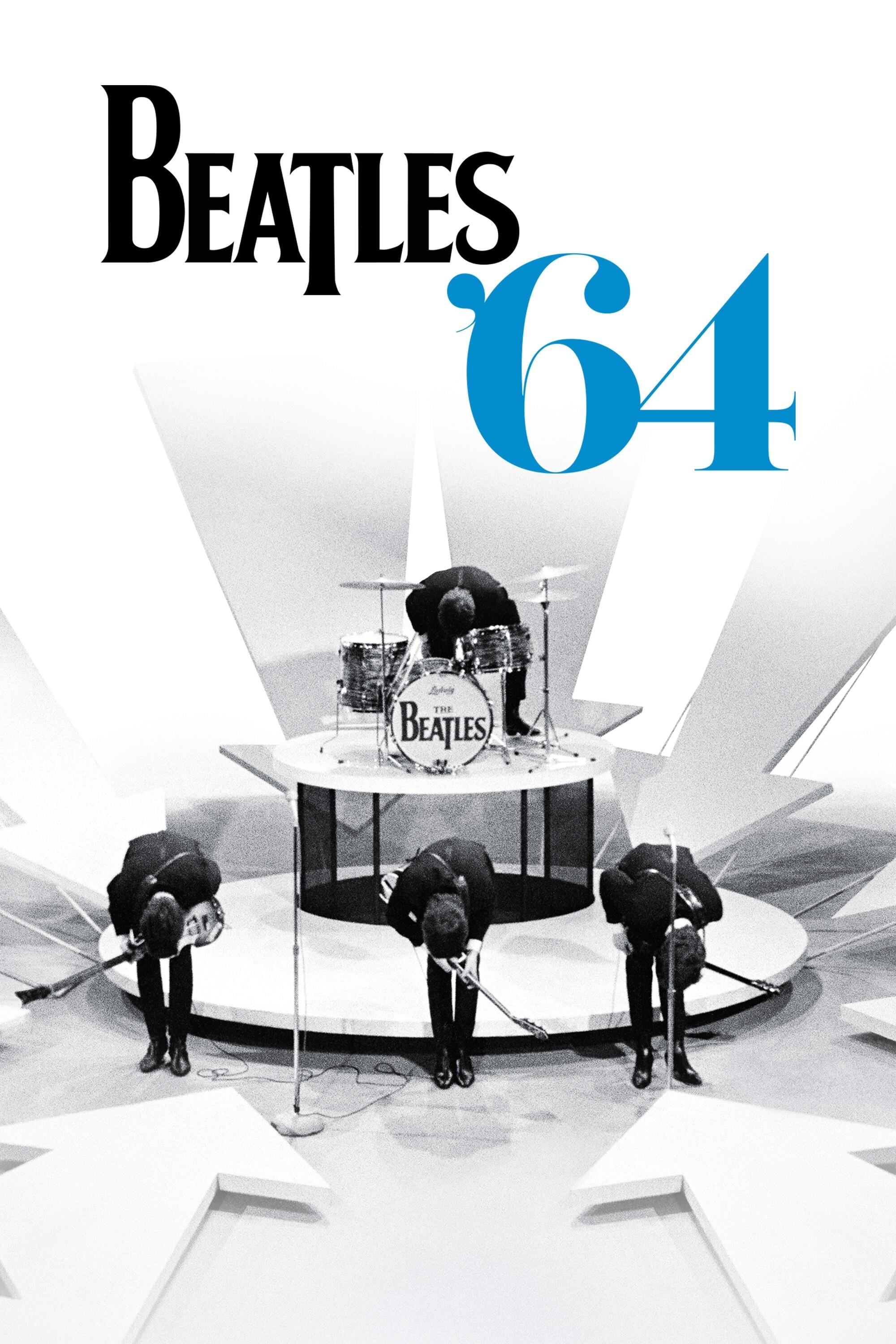
Featuring never-before-seen footage of the band and the legions of young fans who helped fuel their ascendance, follow McCartney, John Lennon, George Harrison and Starr as they land in New York City in February 1964 and solidify their status as the biggest band in the world.
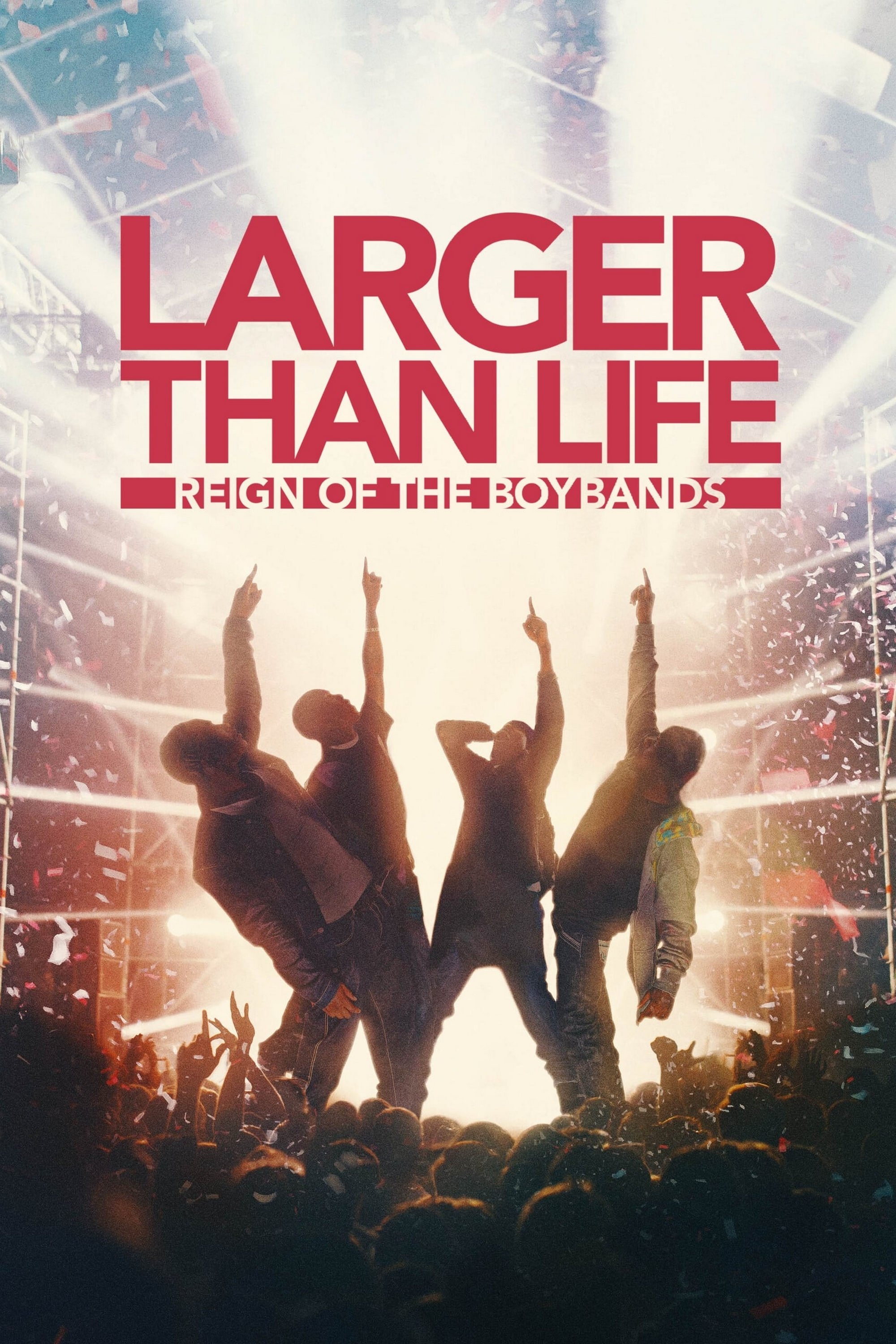
Highlights boy bands and their rise — and fall — to fame, from The Beatles to Jackson 5 to the Jonas Brothers and One Direction, as well as the K-pop group Seventeen.
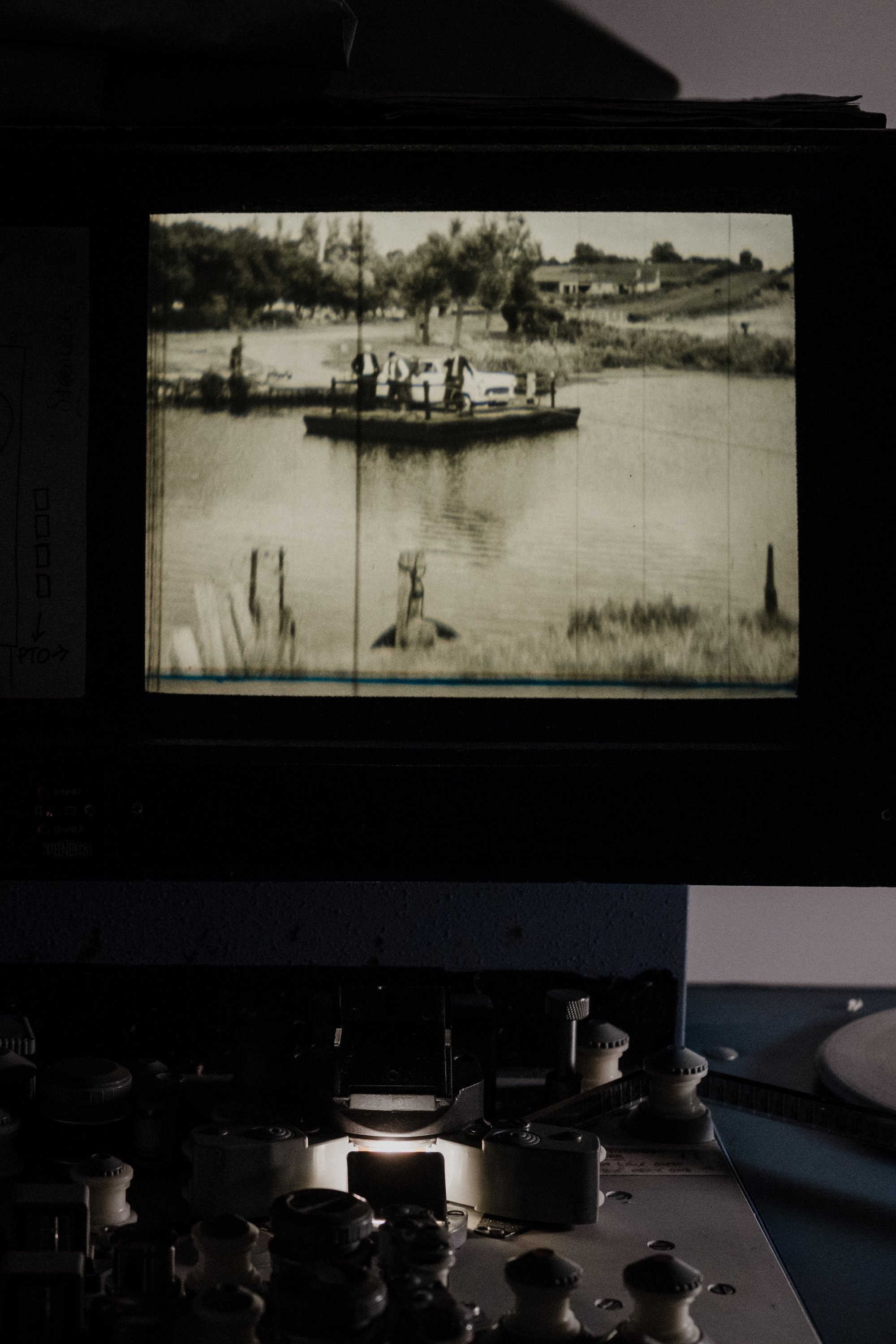
A forgotten history of Northern Ireland is unveiled through a journey into Ulster Television’s archives, and the rediscovery of the first locally-produced network drama, Boatman Do Not Tarry.
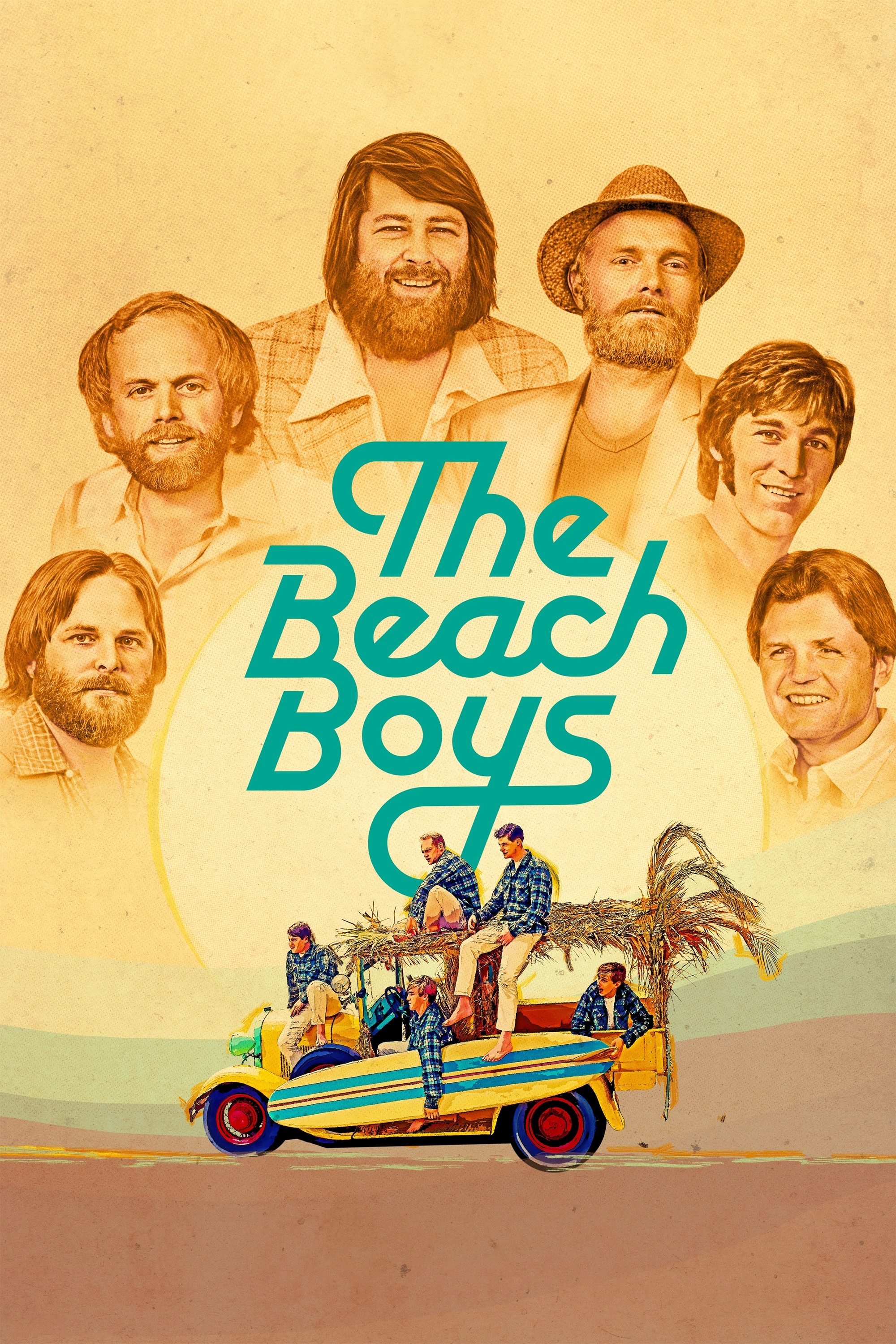
A celebration of the legendary band that revolutionized pop music, and the iconic, harmonious sound they created that personified the California dream, captivating fans for generations and generations to come.
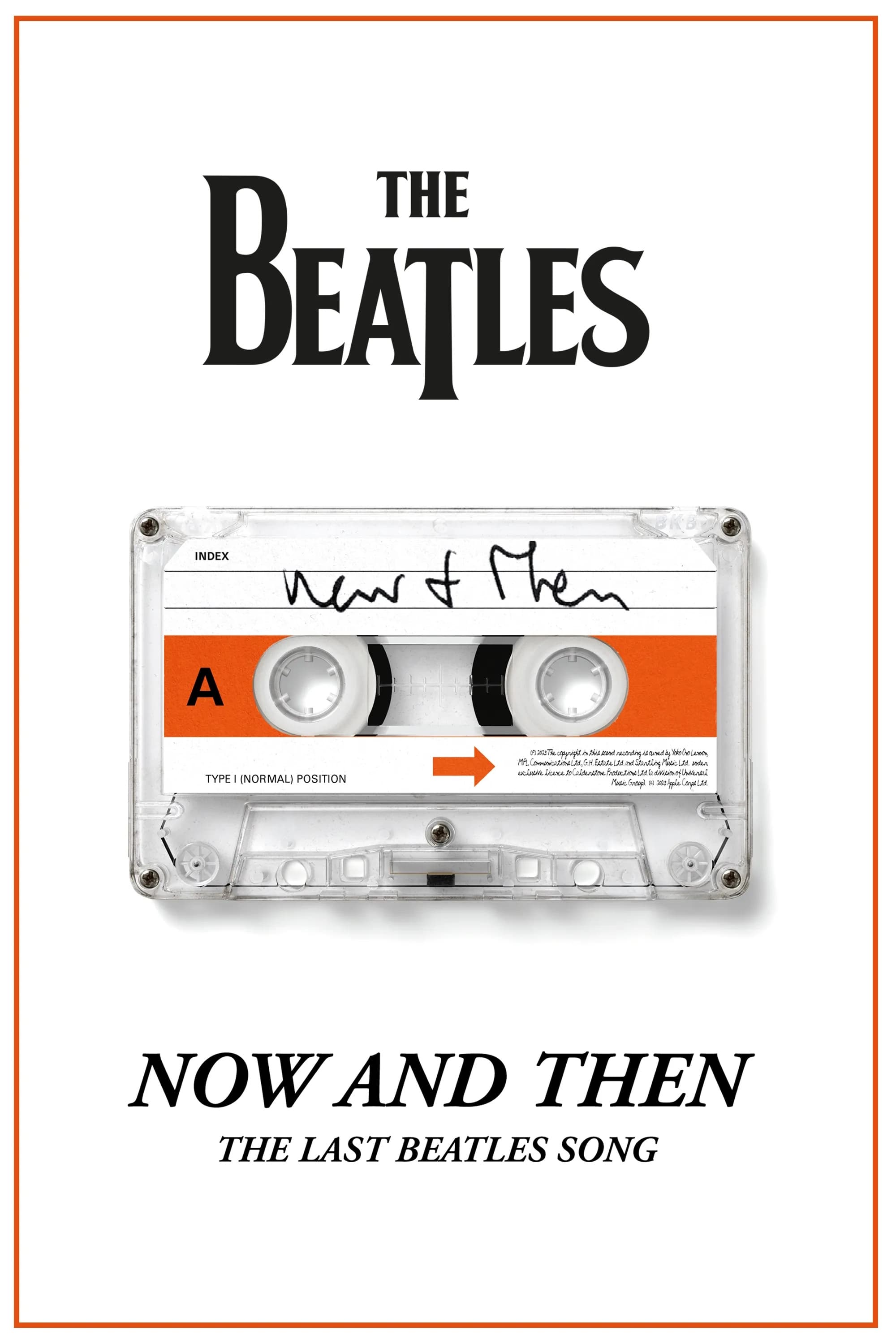
The story of The Beatles' last song featuring exclusive footage and commentary.
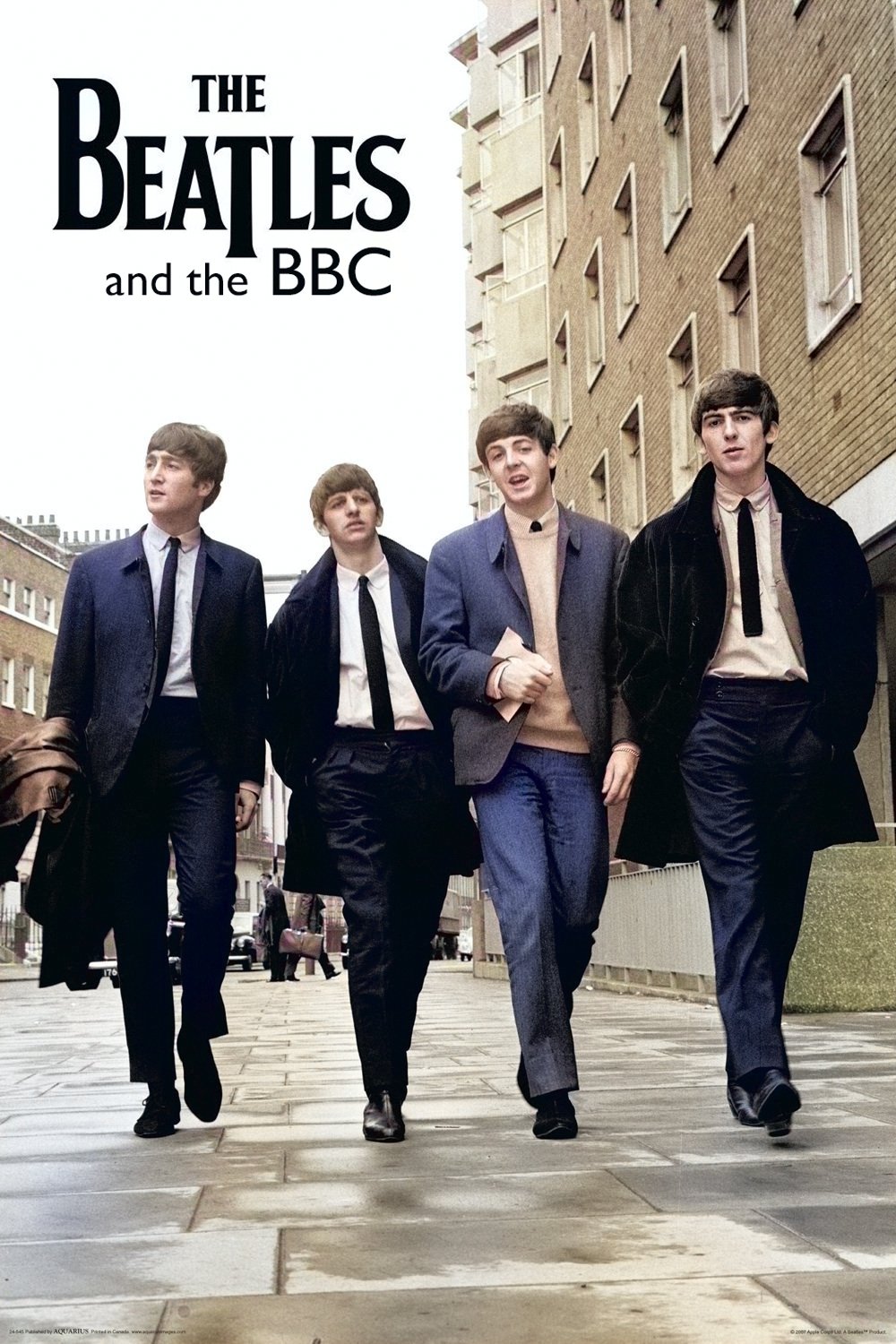
The relationship between The Beatles and the BBC has always been a special and fascinating one. This special looks back at some key moments that saw the BBC document the band’s journey as they went from Merseybeat heroes with mop-tops and MBEs to seeing out the sixties as long-haired heroes of the counter-culture.
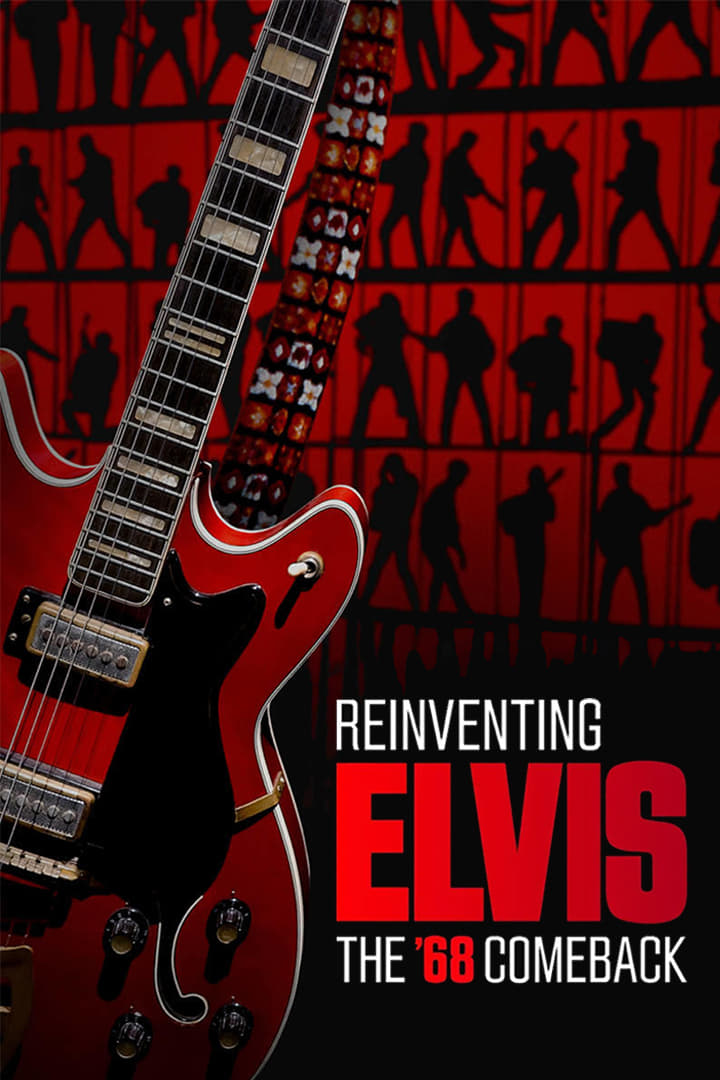
The making of Elvis Presley's famous live TV concert and the chaotic behind the scenes. It was the most-watched television event of the year with nearly half of the audience tuned in to watch Presley perform in his iconic black leather suit.
George Harrison, MBE (25 February 1943 – 29 November 2001) was an English rock guitarist, singer-songwriter, actor and film producer who achieved international fame as lead guitarist of The Beatles. Often referred to as "the quiet Beatle", Harrison became over time an admirer of Indian mysticism, and introduced it to the other Beatles, as well as those of their Western audience. Following the band's break-up, he had a successful career as a solo artist and later as part of the Traveling Wilburys, and also as a film and record producer. Harrison is listed at number 21 in Rolling Stone magazine's list of "100 Greatest Guitarists of All Time". Although most of The Beatles' songs were written by Lennon and McCartney, Beatle albums generally included one or two of Harrison's own songs, from With The Beatles onwards. His later compositions with The Beatles include "Here Comes the Sun", "Something" and "While My Guitar Gently Weeps". By the time of the band's break-up, Harrison had accumulated a backlog of material, which he then released as the acclaimed and successful triple album All Things Must Pass in 1970, from which came two singles: a double A-side single, "My Sweet Lord" backed with "Isn't It a Pity", and "What Is Life". In addition to his solo work, Harrison co-wrote two hits for Ringo Starr, another former Beatle, as well as songs for the Traveling Wilburys—the supergroup he formed in 1988 with Bob Dylan, Tom Petty, Jeff Lynne, and Roy Orbison. Harrison embraced Indian culture and Hinduism in the mid 1960s, and helped expand Western awareness of sitar music and of the Hare Krishna movement. With Ravi Shankar he organised a major charity concert with the 1971 Concert for Bangladesh. Besides being a musician, he was also a record producer and co-founder of the production company HandMade Films. In his work as a film producer, he collaborated with people as diverse as the members of Monty Python and Madonna. He was married twice, to model Pattie Boyd from 1966 to 1974, and for 23 years to record company secretary Olivia Trinidad Arias, with whom he had one son, Dhani Harrison. He was a close friend of Eric Clapton. He is the only Beatle to have published an autobiography, with I Me Mine in 1980. Harrison died of lung cancer in 2001.